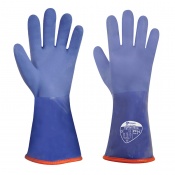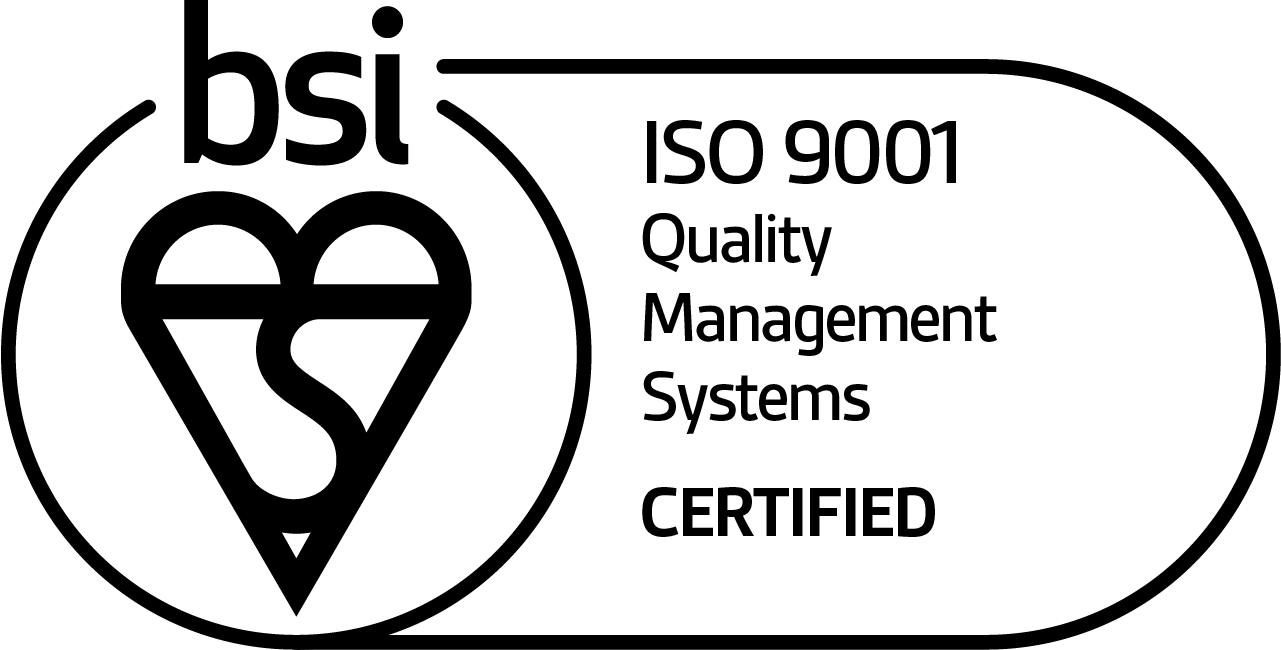What are Lab Gloves?14 July 2015 | John Here at Safety Gloves we sell a variety of lab gloves of different types and purposes. Here’s a rundown of the different types of lab gloves we provide, and how they can help you in your laboratory. Latex GlovesLatex gloves are a good general purpose glove for standard lab work because they are incredibly hard to puncture and are easily disposable. They are the go-to glove for ensuring a base level of safety in laboratories and are great for for use with chemicals such as Ethylene Glycol and Potassium Hydroxide. Heat Resistant GlovesHeat Resistant Gloves come in a variety of materials, but they all have one thing in common: they are designed to be perfect for working with high temperatures. Many of the lab gloves we sell will resist temperatures up to 350°C and are made to last for years. They are good for working with ovens and high temperature materials. Chemical Resistant GlovesChemical resistant gloves do exactly what their name suggests — protect against harsh chemicals. These gloves can work with a variety of chemicals and come in a variety of materials. While latex gloves are suitable for some softer chemicals, gloves designed to be highly chemical resistant will offer the correct protection for dealing with harsher chemicals such as petrol and Freon 11 (Trichlorofluoromethane). Chemical resistant gloves are available as reusable and disposable varieties, depending on your needs. Latex-Free GlovesThese gloves are designed to act as a replacement to the staple latex glove as the standard safety glove in laboratories when they aren’t suitable. As more and more people develop latex allergies, there is a growing need to move away from latex as the go-to material for safety gloves in labs, and it has been said that the continual use of latex gloves can cause a latex allergy to develop. These latex-free gloves are usually made from nitrile or vinyl (or a combination of the two) and alongside the allergy concerns, nitrile gloves tend to be more puncture resistant and have a longer shelf life than latex gloves, while still offering the same snug fit. Powder-Free GlovesA lot of safety gloves include a powdered interior. This means that the glove is easier to put on and take off, and the powder can absorb sweat while the glove is on. However, in some lab situation this power can pose a risk of contaminating samples. This is where powder-free gloves come in. Powder-free gloves are perfect for a lab environment where highly sensitive chemicals are in use, or chemicals which the powder normally found in gloves can cause contamination. With all the lab gloves available on the market, we hope that this helps clear up what each of the different types of lab gloves do and how they can help you. If you are interested in getting some safety gloves for your laboratory, visit Safety Gloves and check out our range of Lab Gloves.
| |||||











